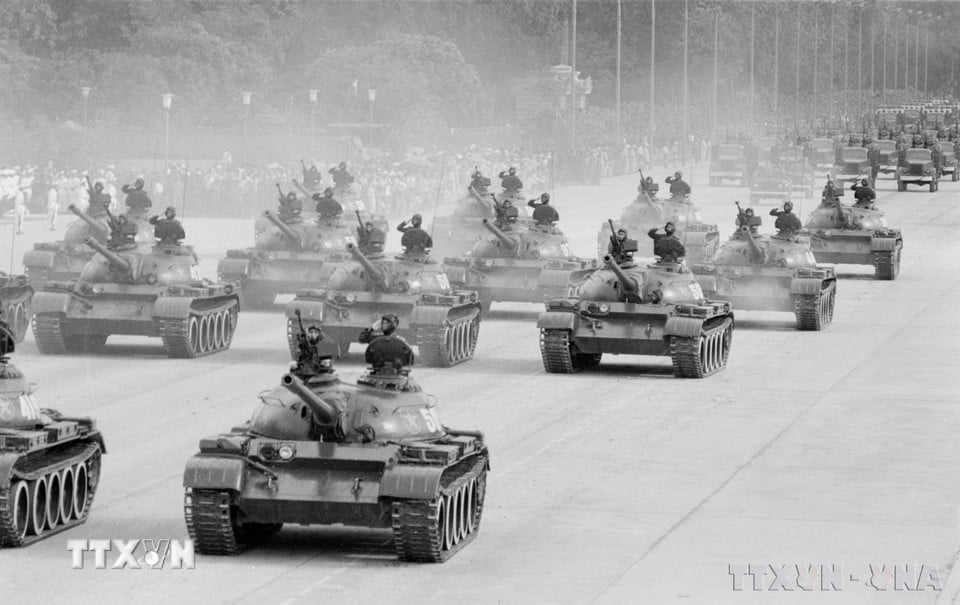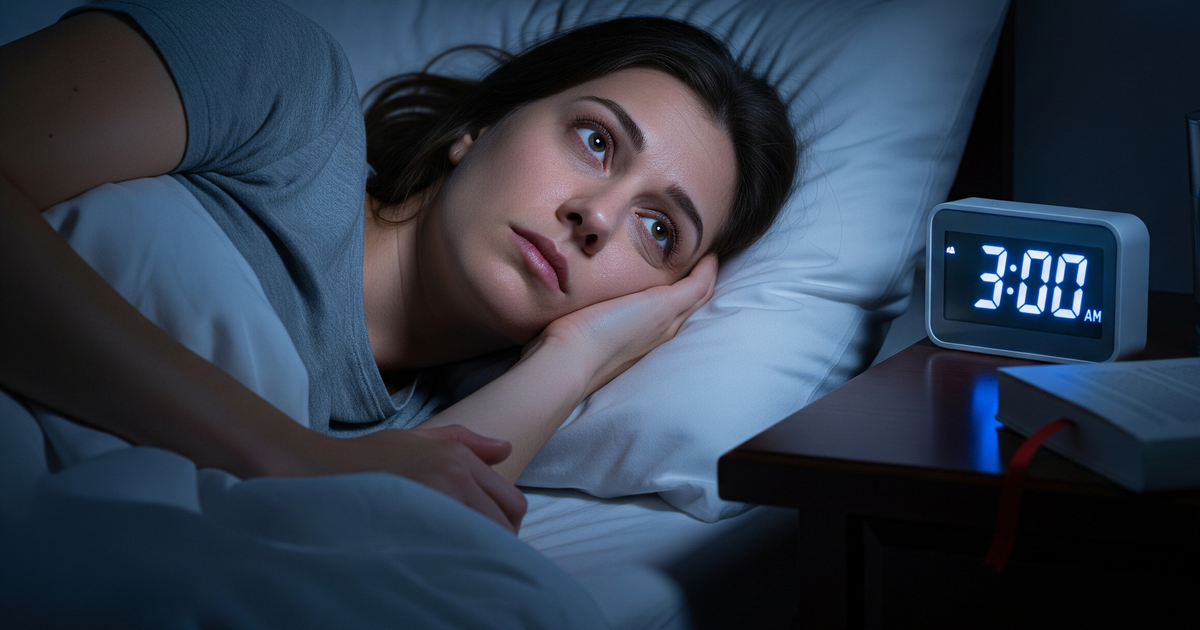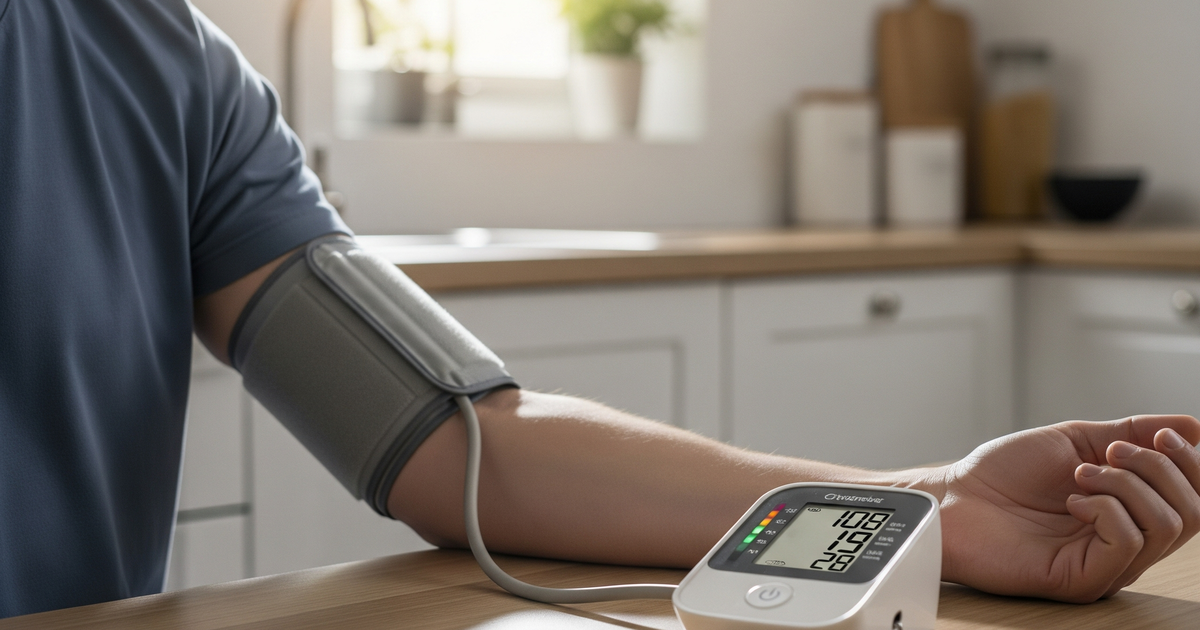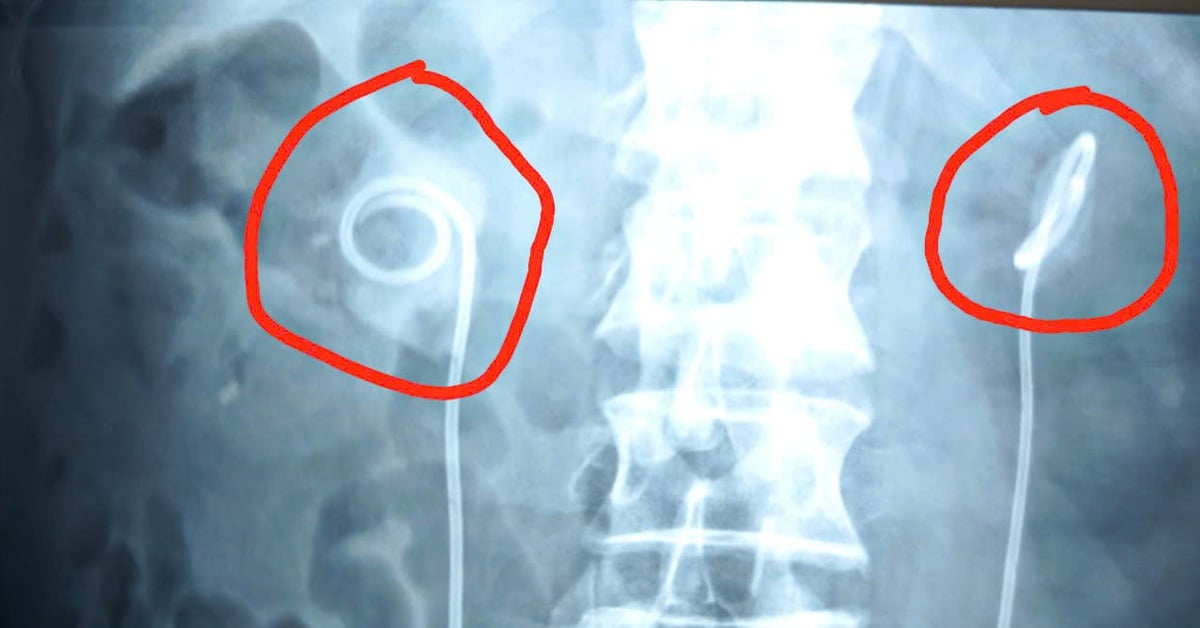The amount of sleep needed varies from person to person, but most studies suggest that adults should aim for 7 to 9 hours of quality sleep each night. If you regularly get 6 hours or less, you may be sleep deprived.

Lack of sleep makes people more likely to gain weight, get heart disease and depression - Photo: Istockphoto
When you don't get as much sleep as your body needs, sleep deprivation can build up over time. While occasional sleep deprivation is acceptable, chronic sleep deprivation can have serious effects on you. Sleep deprivation makes people more susceptible to weight gain, heart disease, and depression.
Women are more likely to have sleep problems than men
Sleep deprivation is when you consistently don’t get enough sleep or get poor quality sleep. For example, you might only get five hours of sleep a night. Or perhaps you’re in bed from 10pm to 6am but wake up several times during the night and don’t get the deep, restorative sleep you need to function well.
Research shows that women are more likely to experience sleep problems like sleep deprivation and insomnia than men. According to the Centers for Disease Control and Prevention (CDC), nearly 21% of American women have trouble staying asleep and 17% have trouble falling asleep. For men, the rates are 15% and 12%, respectively.
Lack of sleep can lead to weight gain. Several studies have found a link between sleep problems and higher body mass index (BMI). This relationship is especially strong in obese women than in obese men.
A sleep study found that women who slept through the night without being disturbed tended to have less body fat and more lean muscle mass.
Sometimes lack of sleep just makes you feel uncomfortable, but it can also have long-term health consequences that accumulate and affect your daily life.
Some of the most common problems caused by lack of sleep
Tired
Research shows that daytime sleepiness is the most obvious and common sign of sleep deprivation. If you feel groggy even after being awake for a while or find yourself falling asleep unexpectedly, it could be a sign of sleep deprivation.
Excessive fatigue is also linked to poorer cognitive function. In other words, you may not be as sharp if you don't get enough sleep.
Impaired function
Lack of sleep is associated with increased error rates, slower reaction times, and a higher risk of accidents. Specifically, people who regularly sleep six hours a night are 33% more likely to be involved in a traffic accident than those who sleep seven or eight hours a night.
Increased anxiety, depression, and stress
Lack of sleep can harm mental health, increasing the risk of mood disorders such as anxiety and depression.
Increases a host of other health risks
A study found that lack of sleep is linked to an increased risk of cardiovascular disease. In addition, getting enough sleep helps maintain the immune system. People who sleep less than 7 hours a night are nearly three times more likely to catch a cold than those who get enough sleep.
Because sleep problems are more common in women, there may be particular risk factors in this group. The menstrual cycle, pregnancy, and menopause can affect women's sleep quality.
How to deal with sleep deprivation
A short nap in the middle of the day can help make up for short-term sleep loss and help you feel more alert. If you don’t like napping, try meditating to get better sleep. You can also catch up on sleep on the weekends.
Everyone has different sleep needs. It’s worth doing some research and experimenting to see what works best for you. Keeping a sleep diary can help you gain a better understanding of your sleep habits. Sometimes, good sleep is as simple as sticking to a consistent bedtime routine.
In the evening, avoid looking at your phone screen before bed, practice relaxation or mindfulness to help you relax, and try not to eat too late, especially sweets. During the day, you can exercise and limit caffeine in the late afternoon.
Also, don't forget that indoor environmental factors like noise, temperature, light, and air quality can all affect sleep quality.
You can install blackout curtains, add rugs and curtains because soft materials absorb sound, helping to reduce echoes in the space. Some studies show that the shape, size and quality of pillows can affect sleep.
Change your bedding, invest in a better pillow that suits your body type or favorite sleeping position.
Source: https://tuoitre.vn/6-dau-hieu-ban-dang-thieu-ngu-20241030134745039.htm



![[Photo] Hanoi: Authorities work hard to overcome the effects of heavy rain](https://vstatic.vietnam.vn/vietnam/resource/IMAGE/2025/8/26/380f98ee36a34e62a9b7894b020112a8)

![[Photo] Multi-colored cultural space at the Exhibition "80 years of the journey of Independence - Freedom - Happiness"](https://vstatic.vietnam.vn/vietnam/resource/IMAGE/2025/8/26/fe69de34803e4ac1bf88ce49813d95d8)





























































































Comment (0)